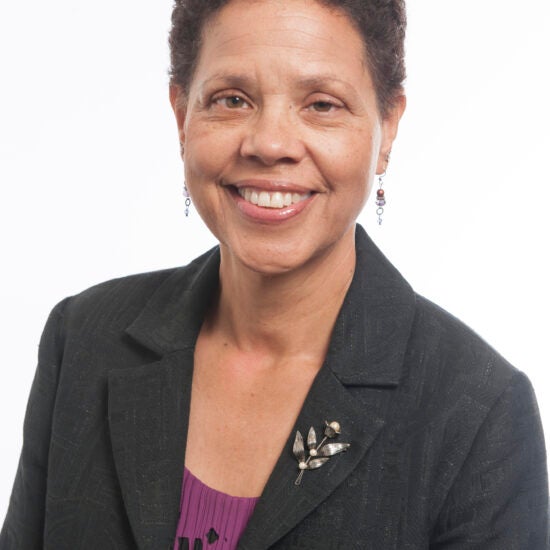Women’s Health Experts

Susan Buchanan
Expert on: occupational medicine, environmental health, children’s exposures, community engagement, reproductive environmental health.
Susan Buchanan is a former family physician who delivered babies in her practice. She now leads the Great Lakes Center for Reproductive and Children’s Environmental Health, one of ten CDC/EPA-funded Pediatric Environmental Health Specialty Units in the US. This center provides expertise on the health effects of exposures to environmental pollutants and contaminants during pregnancy and childhood to communities, healthcare providers, and public health agencies. In this capacity, she gives lectures to Ob/gyn residents, medical students, and public health students on the prenatal effects of endocrine disrupting chemicals, lead, methyl mercury, and other substances.

Rebecca Campbell
Expert on: perinatal and life course epidemiology; nutrition and the social environment during and before pregnancy.
Rebecca Campbell is an epidemiologist trained in human nutrition and global health. Her research examines determinants of nutritional status and health during sensitive life stages, with particular focus on stress and the social environment during and before pregnancy. Ongoing research characterized nutritional pathways linking prenatal psychosocial exposures to health outcomes for pregnant people and their children, as well as policy- and systems-level determinants of nutrition and health during pregnancy.

Jeni Hebert-Beirne
Expert on: bladder and pelvic health.
Jeni Hebert-Beirne is a NIH funded community-based participatory researcher with over two decades of experience in research on female adolescent and women’s pelvic and bladder health. She co-led the qualitative and community-engaged research for the NIDDK-funded national research consortium to explore determinants of female adolescent and women’s pelvic and bladder health. She also co-led a supplemental study in collaboration with Howard Brown Health to explore the bladder health related-experiences of sexual and gender minorities in Chicago.

Supriya Mehta
Expert on: vaginal microbiome.
Supriya Mehta studies the effects of the penile microbiome on women’s risk for bacterial vaginosis (BV), as a potentially modifiable intervention approach. BV is a sexually enhanced infectious syndrome representing bacterial imbalance of the vaginal microbiome which affects 20-50 percent of women worldwide, including nearly 30 percent of women in the United States. BV increase a woman and her partner’s risk of HIV and is also associated with adverse pregnancy outcomes, STIs and increased risk of cervical cancer. BV is treated with antibiotics, but up to 50 percent of the time it comes back. New therapies and prevention approaches are needed.

Yamilé Molina
Expert on: health disparities, breast cancer, HIV.
Yamilé Molina focuses on women’s health in the context of disparities in breast cancer, HIV, and mental health. They are currently examining health promotion efforts with women living with HIV, in particular providing information about breast cancer. They are also studying mental health needs of queer-identified women in a national study.

Nadine Peacock
Expert on: unintended pregnancy, sexual and reproductive health, well-woman care.
Nadine Peacock is an anthropologist and qualitative/mixed-methods researcher. She has collaborated with Dr. Alan Schwartz, a decision science expert, in examining the preferences and subjectivities underlying the concept of pregnancy intention among African American women and community college students. She has also collaborated with Dr. Arden Handler on the recently completed Well Woman Project. Dr. Peacock has served as chair of the Board of Directors of the Guttmacher Institute, and is currently a member of the Research Advisory Panel for the National Campaign to Prevent Teen and Unplanned Pregnancy.

Alisa Velonis
Expert on: gender-based violence
As a researcher and public health practitioner, Alisa Velonis’ expertise centers on solution-focused responses to intimate partner and gender-based violence. Much of her current work aims to improve health care systems’ ability to identify and respond to partner violence, especially through the use of implementation science and mobile technology, and demonstrates the importance of investing in the early stages of implementation readiness to create successful screening and response programs. Her teaching interests include reproductive health, gender-based violence, realist methodology, community health assessment and program evaluation.